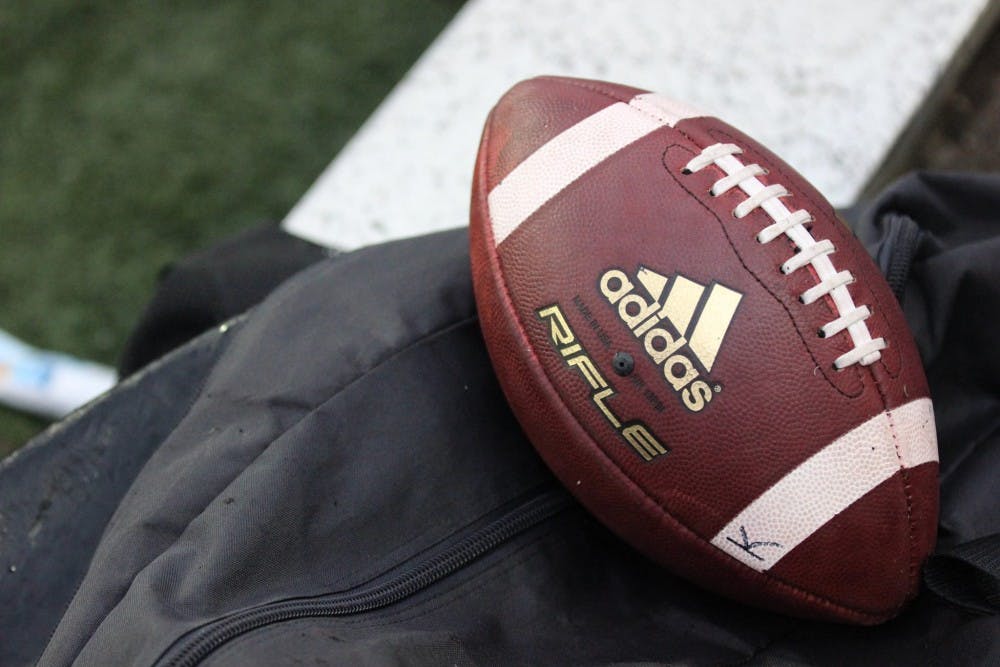NCAA overturns satellite camp ban
The NCAA Board of Directors overturned the ban on satellite camps for Division I football programs on Thursday.
The ban, enacted earlier this month, barred schools from hosting or attending summer camps outside a 50-mile radius of campus.
Mid-American Conference Commissioner Jon Steinbrecher said earlier this month the move to ban the camps was a "knee-jerk reaction," and pipelined through instead of following normal procedure.
"A number of us made the argument that, there’s a time and place for that discussion, but it’s part of a broader discussion that we need to have," he said. "To do it as a one off was not the right thing."
The issue will be handled by the Football Oversight Committee and be part of a larger discussion on recruiting tactics in college football. The MAC was one of four conferences opposed to the ban in the initial vote.
"I don’t think people really thought through what it meant to the prospects and the kids who attend those camps," Steinbrecher said on the previous ban. "And that’s disappointing. It was a defensive mechanism by a number of schools."
The Southeastern Conference (SEC) and Atlantic Coast Conference (ACC) were two of the largest proponents of the ban. Both conferences had rules prohibiting schools from traveling outside a 50-mile radius to summer camps. According to the Detroit Free Press, both conferences rescinded their rule after Thursday's announcement.
Central Michigan Head Football Coach John Bonamego said he first connected with CMU through a satellite camp.
“I remember going to Michigan camp myself," he said. "That’s where I learned about Central Michigan. I met Denny LaFleur at the Michigan camp going into my junior year. Who knows if I even end up here if he wasn’t allowed to work that camp."
CMU, along with schools across the country, send coaches to other schools' camps to make connections with players that don't receive interest from the larger host schools.
"A lot of times, kids, they think they’re going to a camp because they maybe want to be recruited by Michigan or Michigan State or Ohio State, but they can’t take them all," Bonamego said. "By getting exposure to other schools, it opens up opportunities for them."







